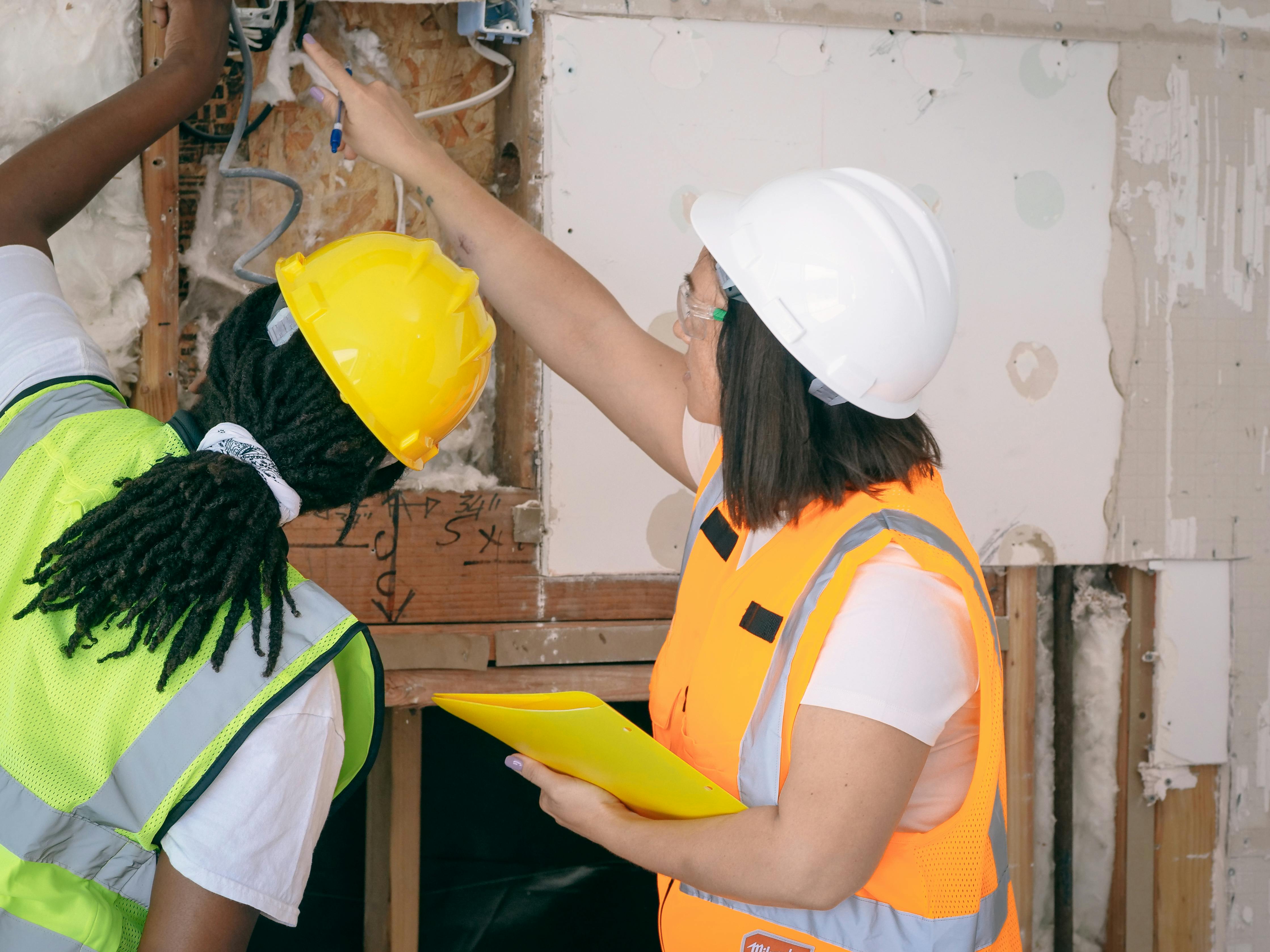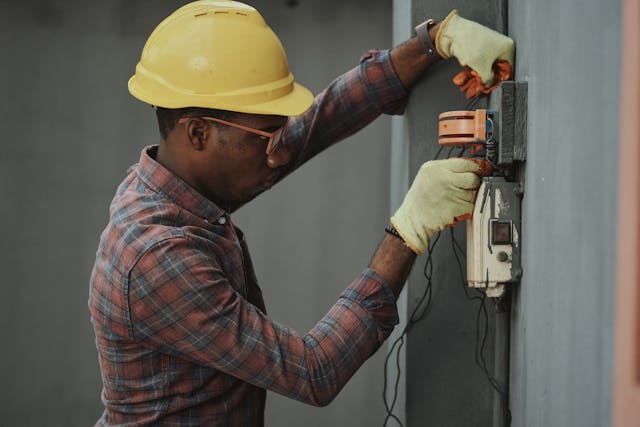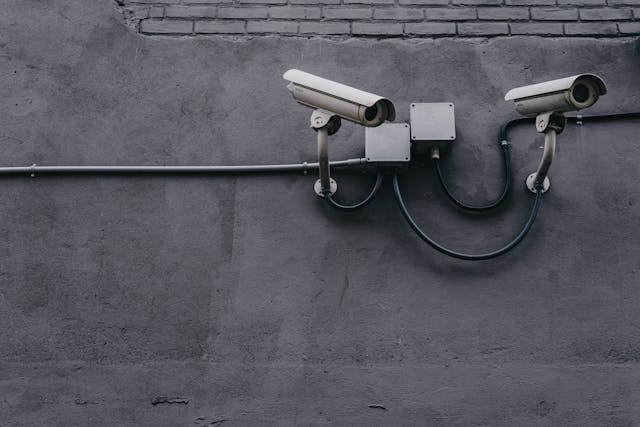
Are you confident that your rental property meets all the required safety standards? As a landlord, ensuring the safety of your residents is not only a legal obligation but a crucial aspect of maintaining your reputation and avoiding costly liabilities. Safety regulations are constantly evolving, and staying on top of these changes can be overwhelming.
In this article, we’ll break down the key safety standards every landlord should be aware of and offer practical tips to help you assess and maintain a secure rental property.
Understanding Safety Standards for Rental Properties
As a landlord, it’s crucial to understand the safety standards that apply to your rental properties. These standards are designed to protect your residents and your property. They cover everything from fire safety to structural integrity and ensure that your property is not only livable but safe.
Each state or city may have its own specific rules, but the general principles are the same. You want to provide a secure and healthy environment for your residents, which includes making sure the property is free from hazards like faulty wiring or structural issues.
Building Codes and Structural Integrity
The structural integrity of your property is the foundation of its safety. Building codes are regulations that dictate how buildings should be constructed and maintained to be safe. This includes everything from ensuring your foundation is strong to making sure the roof can withstand storms.

If you own an older building, it’s important to check that it meets modern building codes, which might have stricter rules about things like the strength of walls or the materials used. Regular inspections and keeping up with maintenance are essential to avoid issues like leaks, cracks, or structural weaknesses that could compromise the safety of your residents.
Fire Safety Measures
Fire safety is one of the most important aspects of any rental property. It’s not just a legal requirement, but a way to protect lives. Start by ensuring that smoke detectors are installed in every bedroom and hallway, and check them regularly to make sure they’re working. It’s also a good idea to have a fire extinguisher in the kitchen and any areas where a fire hazard could be present.
Your property should have clear escape routes with properly functioning locks on windows and doors, so residents can easily exit in case of an emergency. By taking these simple steps, you can reduce the risk of a fire and provide peace of mind for everyone.
Electrical Systems
A faulty electrical system is not only dangerous but also a major safety hazard for your residents. Electrical safety should be at the top of your list when inspecting your property. Make sure all wiring is up to code and hasn’t been tampered with. Older homes, in particular, may have outdated wiring that needs to be replaced to meet current safety standards.
Circuit breakers should be in place and functioning properly, and outlets should not be overloaded. If you’re not sure about the condition of your electrical system, it’s always a good idea to hire a licensed electrician for a thorough inspection.

Water and Gas
Ensuring your rental property’s water and gas systems are safe is essential for both health and safety. When it comes to plumbing, check for leaks, ensure water pressure is stable, and make sure water heaters are functioning properly. A leaking pipe or malfunctioning water heater can cause water damage or even lead to mold growth, which can be costly to repair.
For gas safety, inspect gas lines for any leaks, as these can lead to dangerous situations, including fires or even explosions. You should also make sure gas appliances like stoves, dryers, and water heaters are properly vented. If you're unsure about the condition of your plumbing or gas lines, consider hiring a licensed professional to check everything for you.
Security Features
A safe rental property isn’t just about physical structure, security plays a big role in ensuring your residents feel safe in their home. One of the easiest ways to enhance security is by ensuring all entry doors and windows have sturdy, working locks. Consider upgrading to deadbolts or adding security bars for extra protection.
Well-lit exterior areas, such as entryways and parking lots, are essential for deterring criminals, as they make it harder for anyone to hide. Installing security cameras or offering keyless entry systems can provide extra peace of mind for your residents.
By investing in these security measures, you're not just meeting safety standards, you're showing your residents that their safety matters to you.

Mold, Lead, and Other Environmental Hazards
Environmental hazards like mold and lead are often overlooked, but they can cause serious health problems for your residents. Mold thrives in damp, poorly ventilated spaces, so it’s important to check for leaks in places like basements, bathrooms, and kitchens. If you notice signs of mold, it’s crucial to fix the underlying moisture problem before addressing the mold itself.
For older properties, lead paint is a concern, especially if the property was built before 1978. Lead poisoning can be dangerous, especially for children, so if you have an older rental, consider having the property tested for lead. Other hazards could include asbestos or radon, so it’s a good idea to have your property checked for these as well.
Routine Inspections and Documentation
Routine inspections are a landlord's best friend when it comes to keeping a rental property safe and up to code. Regular checks allow you to spot any potential safety issues before they become major problems.
Schedule inspections for things like the roof, plumbing, electrical systems, and safety devices like smoke detectors. Keeping detailed documentation of all inspections, repairs, and maintenance activities is also essential.
This helps you stay organized and provides proof that you've been proactive about keeping the property safe. Should anything go wrong or a legal question arise, having this paper trail can protect you from liability.
Bottom Line
Maintaining a safe rental property doesn’t have to be overwhelming. With the right approach, such as regular inspections and staying on top of safety standards, you can ensure your property is compliant and secure.
If you need expert help, Castle Management is here for you. Our team of professionals can guide you through safety regulations and help you make the best decisions for your property. Reach out today to discuss your options and find the right solutions for your rental!
